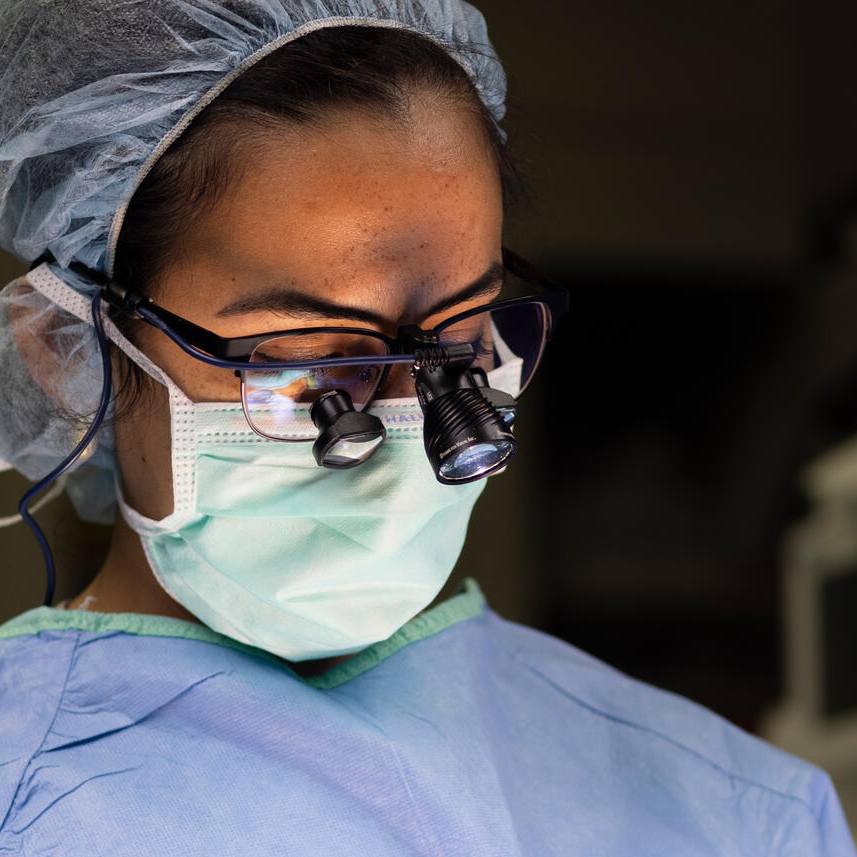-
Hypertension in pregnancy poses measurable risks for babies
Hypertension, or high blood pressure, occurs in more than 7% of pregnancies. A recent Mayo Clinic population-based study found that babies from pregnancies complicated by hypertension were more than two times as likely to develop chronic hypertension as adults. The study supports the recognition of maternal history of hypertension as a potential cause of early-onset hypertension in their children.
"We studied the long-term effects of hypertension in pregnancy to quantify the risk of chronic hypertension that is passed on genetically to children," says Virginia Dines, M.D., a nephrologist and first author of the study.
Rochester Epidemiology Project records of 8,755 people born in the same community revealed that babies exposed to hypertension in the womb had a 50% increased risk of developing chronic hypertension later in life. Babies whose mothers had chronic hypertension before, during or after pregnancy had a 73% increased risk, while babies exposed to both factors had a 140% increased risk.
These findings build on earlier research, which found that the children of mothers with preeclampsia during pregnancy — a condition that can include high blood pressure — had an increased risk of stroke and other cardiometabolic disorders later in life
The researchers are actively studying the fetal origins of adult chronic hypertension to understand the underlying mechanisms and developmental origins of the condition. Their goal is to improve the diagnosis of hypertension in all people and to discover targeted therapies.
"Pediatricians should elicit this important history from the mothers of patients," says Vesna Garovic, M.D., Ph.D., a Mayo Clinic nephrologist and senior author.
In addition, she says, people born from hypertensive pregnancies may need more heart health monitoring and screening and should be provided timely medical advice about diet, exercise and other lifestyle measures to reduce their risk.
Dr. Garovic is the dean of Clinical and Translational Science at Mayo Clinic and director of Mayo Clinic’s Center for Clinical and Translational Science. She is The Penske Foundation Professor in Clinical Medicine in Honor of Ian D. Hay, M.D., Ph.D., and J. Eileen Hay, M.B., Ch.B.
This research was supported by National Institutes of Health grant R01 HL136348 from the National Heart, Lung and Blood Institute.










